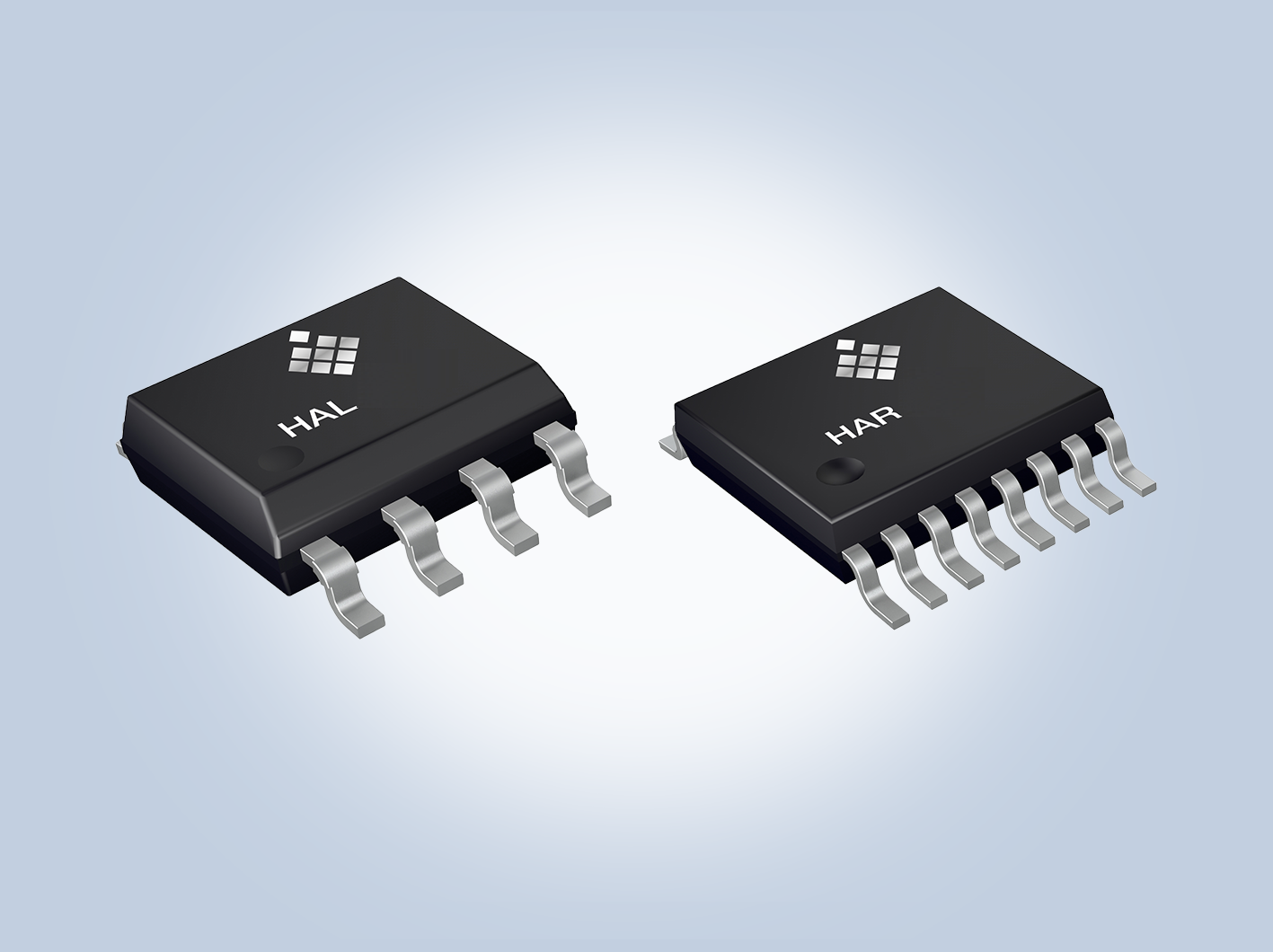Feb. 20, 2023 /SemiMedia/ -- TDK has recently launched two new products to expand the Tronics AXO®300 accelerometer platform. After the successful production launch in 2020 of the ±14 g AXO315 accelerometer for high-performance navigation and positioning of dynamic systems, Tronics extends the AXO300 accelerometer series with AXO301, a low-noise and high-resolution ±1 g accelerometer for high precision acceleration/deceleration measurements in railway applications and inclination control in industrial applications, and AXO305, a ±5 g accelerometer tailored for navigation, positioning, and motion control of land and marine manned and unmanned systems. Built with an innovative closed-loop architecture that delivers high linearity and stability even under strong vibrations, the accelerometers from the AXO300 platform feature an excellent one-year composite bias repeatability of 1 mg and composite scale factor repeatability of 600 ppm.
AXO301 is a low-noise, high-resolution, closed-loop digital MEMS accelerometer with ±1 g input range that offers a performance-equivalent, low-SWaP (Size, Weight and Power) and cost-effective alternative to force balance inclinometers and servo-accelerometers. It demonstrates an ultra-low noise density of 8 μg/√Hz with an excellent 50 μg resolution to offer high-accuracy inclination angle measurements. AXO301 is tailored to odometry assistance for train positioning and localization systems, high-end industrial tilt and inclination measurements systems as well as motion control of construction machinery. The AXO301 is compliant with EN61373 railway standard for vibrations and shocks.
With an input measurement range of ±5 g and vibration rectification error of 20 μg/g², AXO305 is tailored to navigation, positioning and motion control functions of land, rail and marine transportation systems and vehicles.
It demonstrates a Bias Instability of 4 μg with a ±0.5 mg bias over its temperature range, thus enabling precise GNSS-aided navigation of manned and unmanned ground vehicles and trains when integrated into Inertial Navigation System (INS). AXO305 is a perfect candidate for Motion Reference Units (MRU) used for ship motion control and dynamic positioning, Inertial Measurement Units (IMU) for land navigation, subsea navigation of AUV (Autonomous Underwater Vehicles) and ROV (Remotely Operated Vehicles), platform and crane stabilization as well as precision robotics.
The closed-loop architecture of Tronics AXO300 platform offers high resolution and strong vibration rejection. Accelerometers and inclinometers from the Tronics AXO300 series are housed in a miniature, hermetic, ceramic J-lead package that ensures long operational and storage life and guarantees a high compliancy with the stringent thermal cycling requirements of critical applications. They embed a fully hard-coded electronics with a 24-bit digital SPI interface for a swift integration into stand-alone sensor modules, INS, IMU as well as Attitude and Heading Reference Systems (AHRS). The built-in self-test ensures initial verification of the sensor’s integrity and continuous in-operation functionality test.
Thanks to their common sensor’s architecture, miniature package and low-power consumption, Tronics AXO315, AXO305 and AXO301 accelerometers offer a digital, cost-effective and low-SwaP alternative to bulky, expensive, and power-consuming analog solutions like tactical-grade quartz accelerometers. AXO300 accelerometers are ideally complemented by high performance Tronics GYPRO® digital rate gyros that share the same SMD J-lead ceramic package (12 x 12 x 5 mm) and same digital interface to enable low-cost integration, assembly, and reliability on PCB, even in fast-changing temperature conditions.
AXO315 volume production started in 2020. AXO301 and AXO305 are now available for sampling and customer evaluations, directly at Tronics or through specialized distribution channels like Texim. Swift evaluation of the sensors can also be made with an Arduino-based evaluation kit that provides built-in testing functionalities such as output reading and recording, recalibration, and digital self-tests.












All Comments (0)